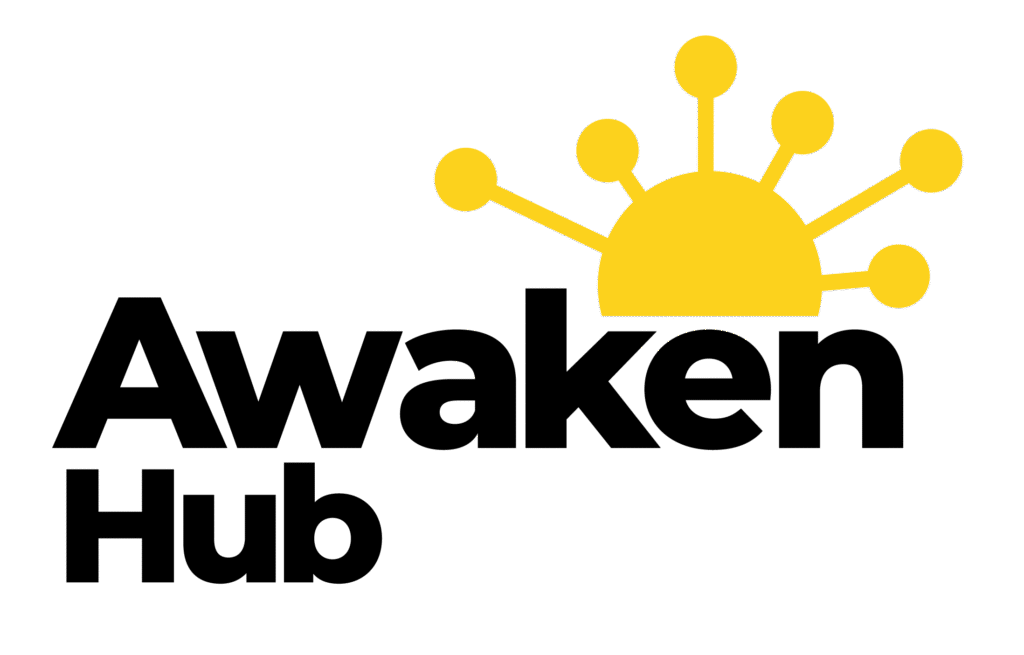The European Accessibility Act: What Small Businesses Need to Know Before June 2025
About 1,033 words, 5 minutes read time.
Starting 28 June 2025, the European Accessibility Act (EAA) will require many businesses in Ireland and across the EU to make their digital products and services accessible to everyone—including people with disabilities. If you have a website, sell online, or offer digital services, this is something you need to be aware of (Central Bank of Ireland, 2025; CCPC, 2025).
This guide explains what the EAA means for small businesses, who it affects, and what you can do to get ready.
What Is the European Accessibility Act?
The EAA is an EU law designed to make certain products and services more accessible to people with disabilities. It aims to remove barriers so everyone can take part in the digital world (Central Bank of Ireland, 2025; accessible.org, 2025). The EAA covers not just financial services, but also e-commerce, transport, media streaming, healthcare, and more(Central Bank of Ireland, 2025; CCPC, 2025).
Who Does the EAA Affect?
- Microenterprises (fewer than 10 employees and less than €2 million turnover) may be exempt from some requirements, but it’s still a good idea to make your website accessible (CCPC, 2025; CCPC, 2025a).
- If you sell digital products or services (like e-commerce, online bookings, banking, ticketing, or apps) and are not a microenterprise, you must comply with the EAA (Central Bank of Ireland, 2025; CCPC, 2025).
- Even if you’re not required by law, making your website accessible helps you reach more customers and improves everyone’s experience (Central Bank of Ireland, 2025; accessible.org, 2025).
What Does “Accessible” Mean?
Digital accessibility means your website, app, or digital service can be used by people with different abilities—such as those who are blind, deaf, or have difficulty using a mouse or keyboard (Central Bank of Ireland, 2025; accessible.org, 2025). This includes:
- Text that’s easy to read
- Images with descriptions
- Videos with captions
- Easy navigation (with keyboard or assistive technology)
- Good colour contrast (Central Bank of Ireland, 2025; wcag.com, 2024)
Why Should Small Businesses Care?
- It’s the law: From June 2025, non-compliance could mean fines or loss of contracts (Central Bank of Ireland, 2025; Law Society of Ireland, 2025).
- It’s good for business: Accessible websites are easier for everyone to use—including older people and those with temporary difficulties (Central Bank of Ireland, 2025; accessible.org, 2025).
- It opens new markets: More people can use your services, and you may win business from organisations that require accessible suppliers (Central Bank of Ireland, 2025; accessible.org, 2025).
- It’s the right thing to do: Accessibility is about inclusion and equal access for all (Central Bank of Ireland, 2025; accessible.org, 2025).
What Should Small Businesses Do Now?
Here’s a simple checklist to help you get started:
- Check If You’re Affected
- Are you a microenterprise? If yes, you may be exempt from some requirements, but accessibility is still a smart move (CCPC, 2025; CCPC, 2025a).
- If not, you must comply if you offer digital products or services (Central Bank of Ireland, 2025).
- Review Your Website and Digital Services
- Is your website easy to use for everyone?
- Can people use your site with a keyboard only?
- Do your images have descriptions?
- Are your colours easy to read?
- Do your videos have captions? (Central Bank of Ireland, 2025; wcag.com, 2024)
- Use a Free Tool to Check Accessibility
- The WAVE Web Accessibility Evaluation Tool is free and easy to use, even if you’re not a tech expert (WAVE, n.d.).
- You can also use official resources like the AccessibleEU Centre for guidance (AccessibleEU, n.d.).
- Fix the Issues
- Start with the basics: add descriptions to images, use clear headings, and make sure your links are descriptive (Central Bank of Ireland, 2025; wcag.com, 2024).
- Ask your web developer for help if you’re not sure how to make changes.
- Make accessibility part of your regular website updates (Central Bank of Ireland, 2025).
- Train Your Team
- Make sure anyone who updates your website or digital content knows about accessibility (Central Bank of Ireland, 2025).
- There are free guides and checklists available from official sources (Digital Business Ireland, n.d.; NDA, n.d.).
What Happens If You Don’t Comply?
If your business is required to comply and doesn’t:
- You could face investigations, fines, or even be named on public lists of non-compliant businesses (Central Bank of Ireland, 2025; Law Society of Ireland, 2025).
- You might lose out on contracts, especially with public sector clients (Central Bank of Ireland, 2025).
- You’ll miss the chance to reach a wider audience (Central Bank of Ireland, 2025; accessible.org, 2025).
The Benefits Go Beyond Compliance
Even if you’re not legally required, making your website accessible:
- Makes your site easier for everyone to use
- Shows your business cares about all customers
- Future-proofs your business for new laws and opportunities (Central Bank of Ireland, 2025; accessible.org, 2025)
Key Takeaways
- The European Accessibility Act takes effect on 28 June 2025 (Central Bank of Ireland, 2025; CCPC, 2025).
- It requires many businesses to make their digital products and services accessible to all (Central Bank of Ireland, 2025; accessible.org, 2025).
- Microenterprises may be exempt, but accessibility is still good practice (CCPC, 2025; CCPC, 2025a).
- Use free tools like WAVE or AccessibleEU to check your website (WAVE, n.d.; AccessibleEU, n.d.).
- Start now—making small changes today will help you get ready and stay ahead (Central Bank of Ireland, 2025; Digital Business Ireland, n.d.).
Need help?
If you’re not sure where to start, reach out to official bodies like the CCPC or National Disability Authority for guidance (CCPC, 2025; NDA, n.d.). Taking action now will help you avoid stress later—and make your business more welcoming to everyone.
References
Accessible.org. (2025). European Accessibility Act (EAA) requirements. https://accessible.org/european-accessibility-act/
AccessibleEU. (n.d.). AccessibleEU Resource Centre. https://accessible-eu-centre.ec.europa.eu/document/download/335a6949-bc65-451b-9122-398103770fd8_en?filename=ACCESSIBLE+EU+REPORT+02_+Acc+Legislation+E.L.20230608_acc_0.pdf&prefLang=fi
Central Bank of Ireland. (2025). European Accessibility Act. https://www.centralbank.ie/consumer-hub/european-accessibility-act
CCPC (Competition and Consumer Protection Commission). (2025). Consultation on microenterprise guidelines on the European Accessibility Act. https://www.ccpc.ie/business/research/consultations/consultation-on-microenterprise-guidelines-on-the-european-accessibility-act/microenterprise-guidelines-on-the-european-accessibility-act/
CCPC (Competition and Consumer Protection Commission). (2025a). Microenterprise Guidelines Consultation Draft. https://www.ccpc.ie/business/wp-content/uploads/sites/3/2025/04/Microenterprise-Guidelines-Consultation-Draft-1-3.pdf
Digital Business Ireland. (n.d.). Digital Accessibility Guide. https://www.digitalbusinessireland.ie/digital-accessibility-guide/
Law Society of Ireland. (2025, April). Low level of readiness for EU accessibility rules. https://www.lawsociety.ie/gazette/top-stories/2025/april/low-level-of-readiness-for-eu-accessibility-rules/
National Disability Authority (NDA). (n.d.). European Accessibility Act. https://nda.ie/accessibility/european-accessibility-act
WAVE. (n.d.). WAVE Web Accessibility Evaluation Tools. https://wave.webaim.org/
WCAG.com. (2024). European Accessibility Act (EAA) compliance checklist. https://www.wcag.com/compliance/european-accessibility-act/











